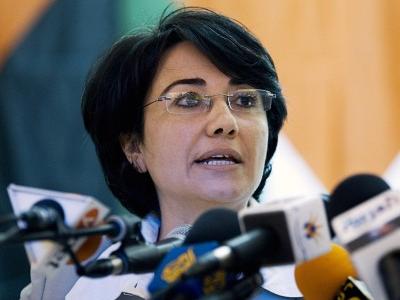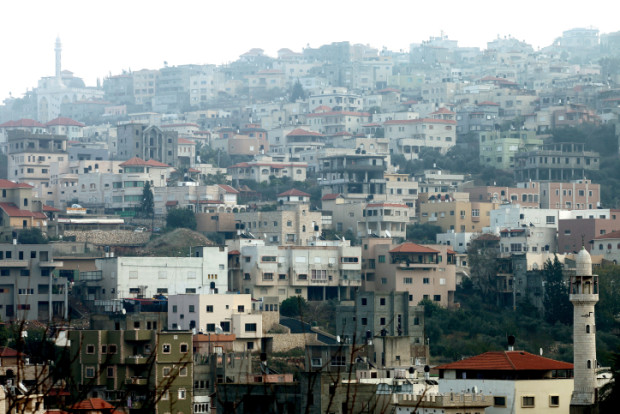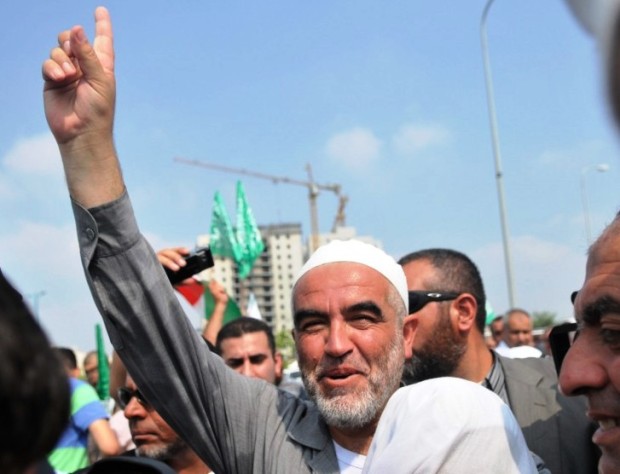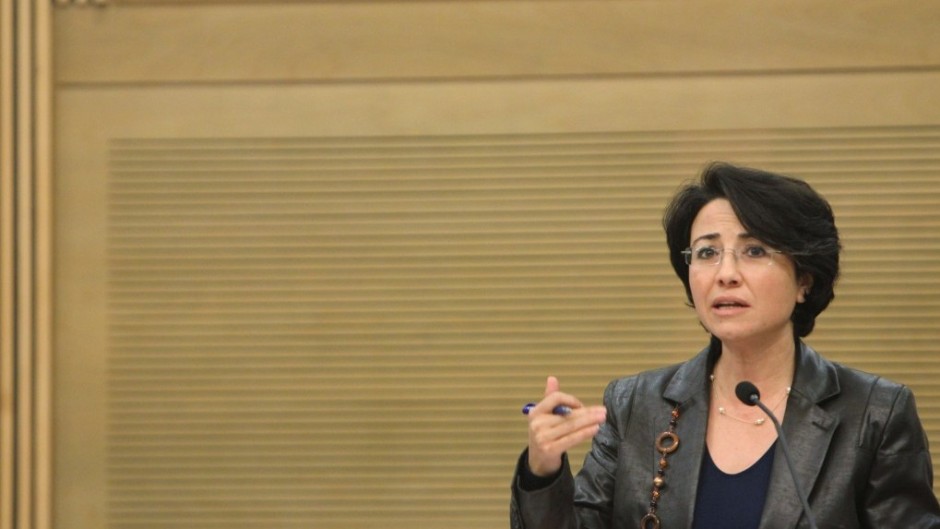The current war waged by Israel against Hamas in the Gaza Strip, the third in six years, has again resulted in Israeli Arab protests in various towns and cities, led by the Islamic Movement in Israel, Balad (National Democratic Assembly), and Hadash (Democratic Front for Peace and Equality). Some of the protesters were reported to have waved Palestinian flags as they chanted slogans welcoming Hamas rocket fire at Tel Aviv.
Haneen Zoabi of Balad, the first Arab Israeli woman to represent an Arab party in parliament, describes the idea of a Jewish state as “inherently racist.” She has been in the forefront of the recent demonstrations and has called on Palestinians to continue fighting, besiege Israel and refuse to negotiate.

In turn, Israeli Foreign Minister Avigdor Liberman and Public Security Minister Yitzhak Aharonovitch have campaigned to oust Zoabi and her Balad Party from the Knesset.
All this points to the growing anger and frustration among Arab citizens of Israel, who feel sympathy for their fellow Palestinians and growing alienation from their fellow citizens in Israel.
When someone speaks of an Israeli, what comes to mind is someone Jewish. And no wonder: Israel considers itself the “state of the Jewish people.” Its flag, coat of arms, constitution, Hebrew national anthem, monuments, and other iconography all stem from Jewish culture, history and religion.
The Law of Return allows virtually any Jew in the world to become an Israeli citizen as soon as he or she enters the country. The Zionist project involved the “negation of the diaspora” and the “ingathering of the exiles,” after the loss of Jewish sovereignty some 2,000 years earlier.
However, the Jewish pioneers resettling the land, coming from many corners of the world, arrived in a country which had a majority population of Christian and Muslim Arabs.
The two lived uneasily in the years in which Britain ruled its Palestine Mandate, but when the Jewish community declared its independence by creating the new Jewish state of Israel in most of Palestine, resulting in a war in 1948, the vast majority of Arabs fled or were driven away.
Most of the Arabs — now known as Palestinians — ended up in refugee camps in neighbouring countries, including the Jordanian-controlled West Bank and the Egyptian-ruled Gaza Strip.
But a remnant, today’s Israeli Arabs, remained within the borders of the Jewish polity. Although they have full civil and political rights, they are, not surprisingly, alienated from the majority Jewish population.
Today, the Israeli Arab population of 1,658,000 represent about 21 percent of Israel’s more than eight million citizens. Muslims, including Bedouins, make up 82 percent of the Arab population in Israel, the remainder being Christians and Druze (an offshoot of Islam).

Acre, Haifa, Lod, Nazareth, Ramle, and other cities have substantial Arab inhabitants. Much of the Galilee has a majority Arab population. The co-called “Triangle,” an area in central Israel adjacent to the West Bank, is also populated by Israeli Arabs. The towns of Umm al-Fahm and Tayibe are the social, cultural and economic centers for residents of the region.
Israeli Jews and Arabs have little contact with each other. Most young people study at different elementary and secondary schools and, though most Arabs speak Hebrew, Arabic remains their primary language. Israel makes no attempt to assimilate them, “melting-pot” style, into the majority population (something neither Arabs nor Jews want).
Israeli Arabs tend to be poorer, and their cities and towns receive a lesser share of state spending on infrastructure, education, and other services. Arabs are also underrepresented in higher education and most industries. Of the 40 municipalities in Israel with the highest unemployment rates, 36 are Arab towns.
However, Israeli Arabs are not just a “minority.” They are the kith and kin of the Palestinian Arabs across the 1967 borders, in Gaza, the West Bank, and neighboring states such as Jordan and Lebanon.
And their Palestinian (and Muslim) consciousness, dormant in the first decades after 1948, has been growing.
Israeli Arabs in the past have backed various iterations of Communist parties, which had Israeli Arab leaders. Today, twelve Israeli Arabs, representing various parties, including Balad, Hadash, and Ra’am (United Arab List), sit in the Knesset, the Israeli parliament. But no Arab parties have ever been part of Israel’s coalition governments.
The various Arab parties seek to transform Israel into a “state for all its citizens,” rather than a solely Jewish state. Some would like it to become an officially binational entity. They want an end to ethnically preferential treatment towards Jews enshrined in immigration and land policy.
The rising sense of Arab consciousness has also led to the establishment of distinctly anti-Israeli groups, in particular the Islamic Movement in Israel, founded in 1971 by Abdullah Nimar Darwish. Today, he remains the spiritual leader of the more moderate southern branch of the movement, while Sheik Raed Salah is head of the more radical northern branch, which opposes Israel’s existence.

Israeli Arabs have demonstrated against state policies before. In 1976, six Arab citizens of Israel were killed by Israeli security forces at a protest against land expropriations and house demolitions. The date of the protest, March 30, has since been commemorated annually as Land Day.
During the second intifada — the Palestinian uprising in the occupied Gaza and West Bank — twelve Israeli Arab citizens were killed in October 2000 while protesting the government’s response.
Various Israeli politicians, including Liberman, have raised the idea of transferring parts of the territory in the “Triangle”– along with the 300,000 or so Israeli Arab citizens who live there — to a future Palestinian state in return for annexing Jewish settlement blocs in the West Bank. But right now this is a far-fetched possibility.
In the meantime, the place of disaffected Israeli Arabs in the country becomes ever more of a problem.
Henry Srebrnik is a professor of political science at the University of Prince Edward Island.

